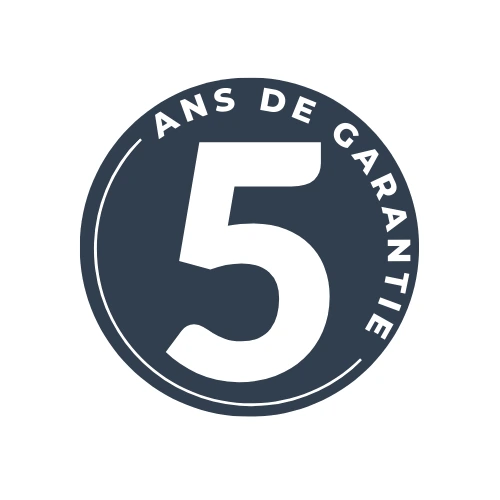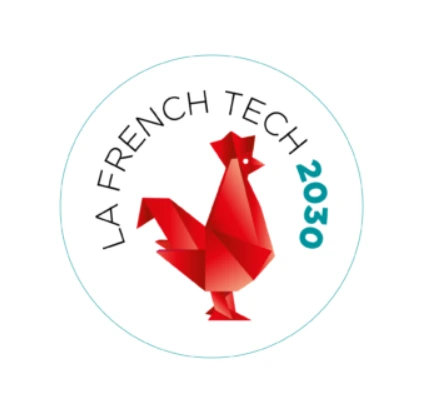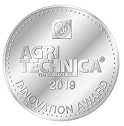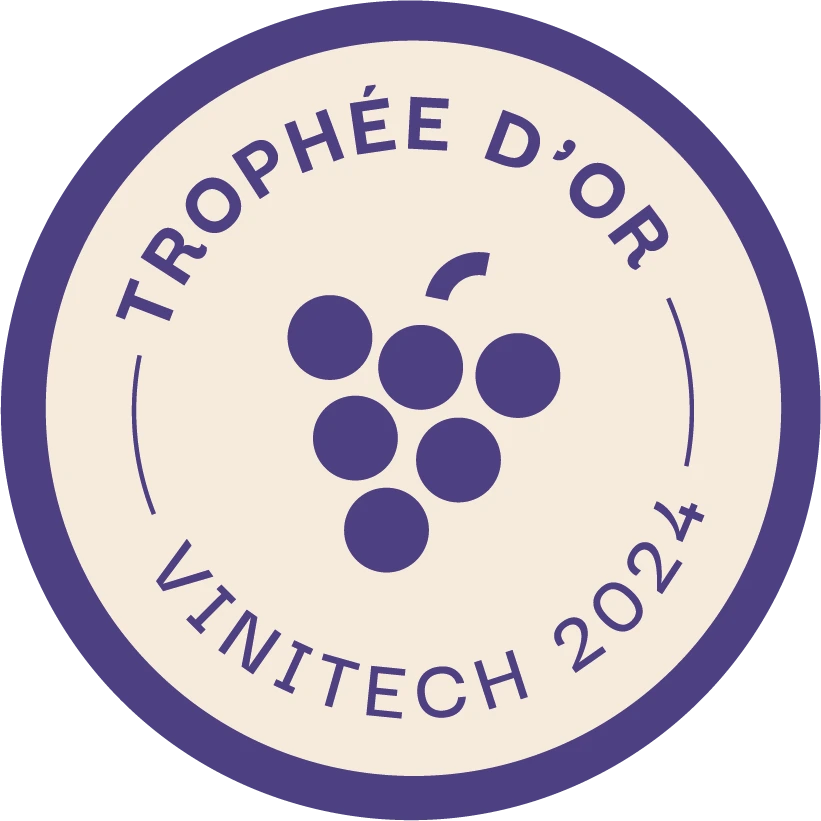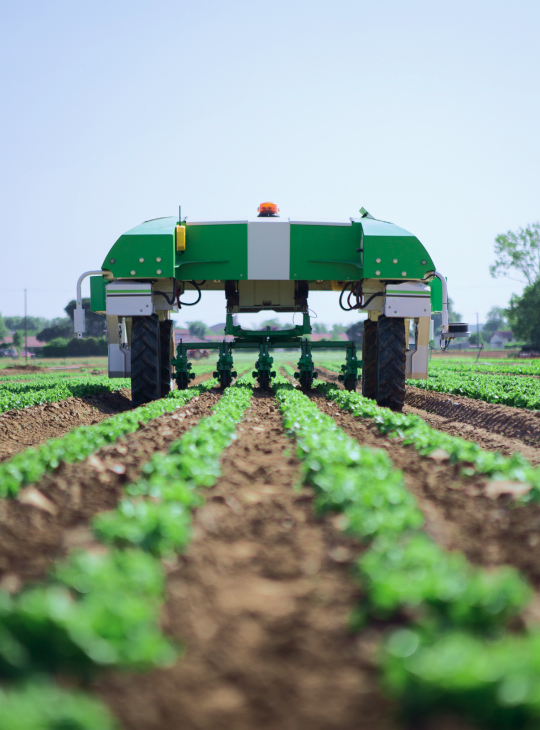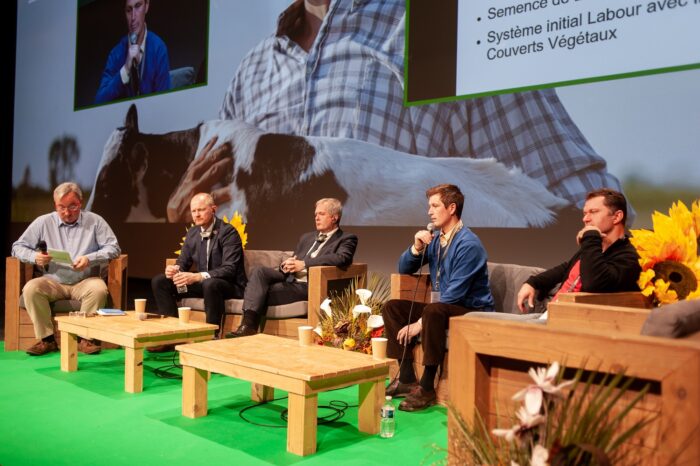
The GOFAR association – Global Organization for Agricultural Robotics – was founded just one year ago by Naïo Technologies, Axema Promotion et Services and RobAgri. This initiative has a simple aim: structure the promotion of the agricultural robotics sector to accelerate its growth, and thus foster agricultural and ecological transition on an international scale.
“Following on from the initial creation of the International Forum of Agricultural Robotics (FIRA), at Naïo Technologies we noted how large this event has become over the years. We thus thought that it was time to make it independent, through an autonomous structure that can more generally oversee the expansion of the market for agricultural robotics. This is what gave rise to GOFAR, which aims to communicate with every part of the value chain and create a dialogue between all relevant stakeholders” explains Gaëtan Séverac, the President of the association and Director of Strategic Growth for Naïo.
GOFAR aims to provide visibility to the sector and foster relationships between different players, through professional communications and events such as the FIRA forums, a catalyst for emulation and interest in agricultural robotics. Thanks to the diversity and expertise of its members – Axema Promotion et Services is the subsidiary responsible for organising the Axema events, the union for agro-equipment industry; RobAgri organises French players in agricultural robotics and spreads publicity about technological progress; Naïo features amongst the pioneering companies designing and marketing agricultural robots in France – GOFAR is ideally placed to address the sector’s full value chain.
Cultivate the discussion of ideas between all players
For Roland Lenain, Director of Research at IRSTEA and deputy vice-president in charge of scientific content for GOFAR, where he represents RobAgri, “It is important to be able to spread knowledge and scientific progress when this represents new technology for the sector. For this to truly be useful, so everyone can take full advantage, but also so these innovations can be demystified for civil society in general and farmers in particular, communication, dissemination and organisation of debates about ideas are essential”.
The association’s mission is first and foremost to encourage and enrich discussion: “Farmers and different players in the sector have a certain number of expectations and questions. It’s on us to listen so we can then convert these into scientific enquiries and attempt to resolve them within the ecosystem, with start-ups, industrial players, laboratories, etc.”, explains Roland Lenain, who sees GOFAR as an ideal tool for directing future scientific work by relating it to real expectations in the industry, as well as in wider society. “Our role, summarises Gaëtan Séverac, is to put everything on the table, even the most delicate of subjects.To ask, for example, what the future will look like when there will no longer be any tractor drivers. What will the impact be, who will come through unscathed, and how will work be organised? We want to debate this inclusively, with everyone at the same level of understanding, so it can then be passed on to operational bodies so they are educated about these subjects”.
Round tables, scientific conferences and robotics fairs
To organise and structure this debate, the association aims to expand FIRA, the leading agricultural robotics conference, but it also wants to ensure a presence at existing agricultural shows, via robotics stands and stalls. Work is underway with SIMA, which Axema has a historic partnership with, a major meeting of agricultural equipment suppliers that represents an opportunity to support them in their drive for innovation.
Another level for development: missions carried out on a local scale (in France and abroad) to cast a light on technical advances and exchange information about market challenges for the sector. Finally, digital communication tools to complement the action of the association, with the production of expert content shared with all interested parties, including research laboratories, final clients, manufacturers and distributors.
An international aspect
The first grouping of its kind in the world, GOFAR believes that the challenge is global, as its Vice-President Roland Lenain explains. “The research is being carried out on an international level, which permits consideration of issues raised by different growing methods, different agronomy bodies and organisations that can be radically different depending on the size of farms. This means that there is a need for discussion and investigation around the whole world”.
It is important to note that sharing information also allows technological challenges that can crop up to be resolved much faster, with each stakeholder benefiting from advances made by others. “Issues associated with producing food cross borders, with the same challenges being faced everywhere in terms of hard labour and environmental and social impact. This is where agricultural robotics can provide solutions, which should fit with these different practices, depending on the region and country” concludes Gaëtan Séverac, the association’s President.
__
*To find out more and keep updated about GOFAR news, register for the FIRA newsletter by clicking here.
